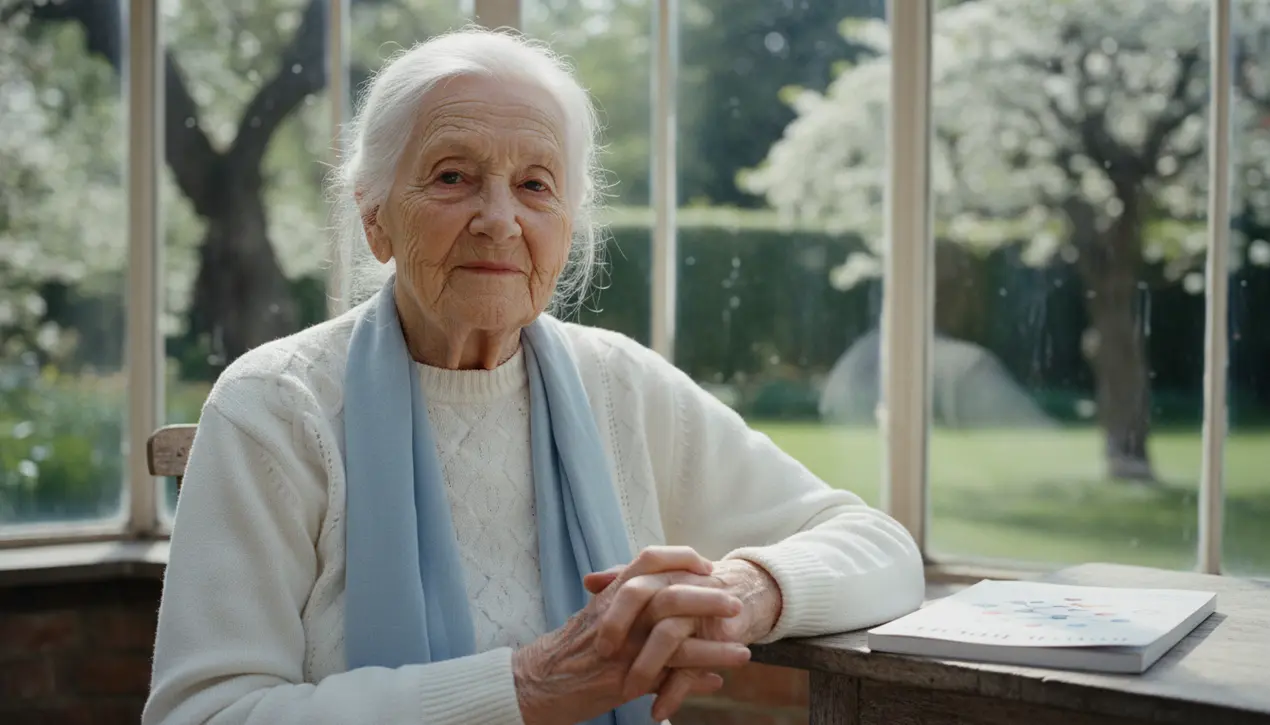
ScienceneuroscienceBrain Mapping
Neuroscientists find immune cells that may slow aging
KE
Kevin White
2 hours ago7 min read2 comments
In a discovery that reads like a page from a near-future medical thriller, neuroscientists have pinpointed a unique battalion of immune cells—a specialized set of T helper cells—that appear to function as the body's own elite cleanup crew, actively hunting down and eliminating senescent cells, the zombie-like entities that accumulate with age and spew inflammatory toxins, thereby accelerating the very process of aging itself. This isn't just another incremental finding in the vast landscape of longevity research; it's a paradigm shift that redefines our understanding of the immune system's role in gerontology, moving it from a passive defender to an active, dynamic regulator of our biological clock.The most compelling evidence for the potency of these cellular guardians comes from the world's supercentenarians—individuals who have not merely reached 110 years but have done so with remarkably preserved cognitive and physical function, suggesting their immune systems are not just older, but smarter, maintaining a meticulously balanced, age-resistant ecosystem within. Imagine these T cells as highly specialized special forces operatives, trained to recognize the specific 'don't eat me' signals that senescent cells display to evade the body's standard immune patrols; their targeted assassination missions prevent the chronic, low-grade inflammation known as 'inflammaging,' which is a root cause of virtually every age-related ailment from atherosclerosis to neurodegeneration.The implications for the burgeoning field of biotech and senolytics—drugs designed to clear these cellular zombies—are profound, potentially offering a more elegant, endogenous alternative to the current blunt-instrument pharmaceuticals that, while promising, can carry significant side effects by lacking this innate precision. This discovery, emerging from the confluence of advanced flow cytometry and single-cell RNA sequencing, allows us to envision a future where we don't just treat aging as an inevitability but actively manage it through immunotherapeutic interventions, perhaps through bespoke vaccines that train a patient's own T cells to become these super-soldiers or through ex vivo expansion and reinfusion of these cells as a personalized longevity treatment. The road ahead is paved with complex questions: Can we safely boost the population of these cells in mid-life to preemptively stave off decline? What are the risks of autoimmune complications if this system becomes overzealous? Yet, the foundational insight is clear: the secret to a healthier, longer life may have been hiding within our own immune system all along, a sophisticated biological program waiting for us to learn its language and harness its power, turning the science fiction of radical healthspan extension into a tangible, and thrilling, scientific pursuit.
#featured
#T helper cells
#aging
#senescent cells
#supercentenarians
#immune system
#neuroscience
#biology
Stay Informed. Act Smarter.
Get weekly highlights, major headlines, and expert insights — then put your knowledge to work in our live prediction markets.
Related News
Comments
Loading comments...
© 2025 Outpoll Service LTD. All rights reserved.